
Hidden in Plain Sight: Club
boychild DJ Sprinkles Vjuan Allure Pony Zion
The club as a community and a site for performed politics: deep/ queer house, vogue femme, lipsync and ballroom.
Arika have been creating events since 2001. The Archive is space to share the documentation of our work, over 600 events from the past 20 years. Browse the archive by event, artists and collections, explore using theme pairs, or use the index for a comprehensive overview.

The club as a community and a site for performed politics: deep/ queer house, vogue femme, lipsync and ballroom.
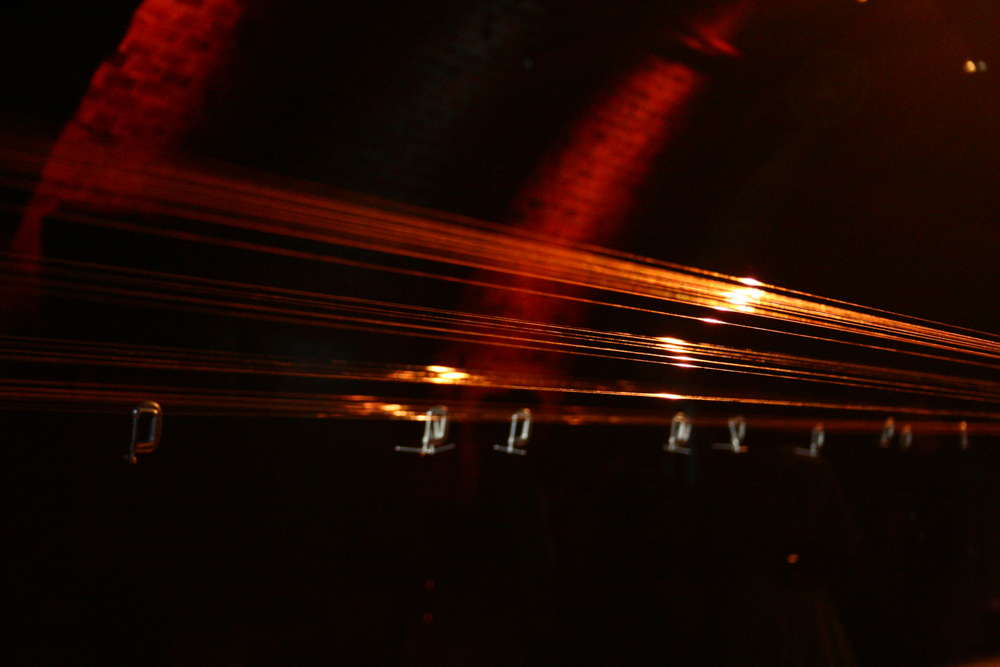
Long Stringed Instrument performance involving up to 100 wires strung in tension over a 40m arch.

Akio Suzuki and John Butcher performing in a remote sea cave near Durness.
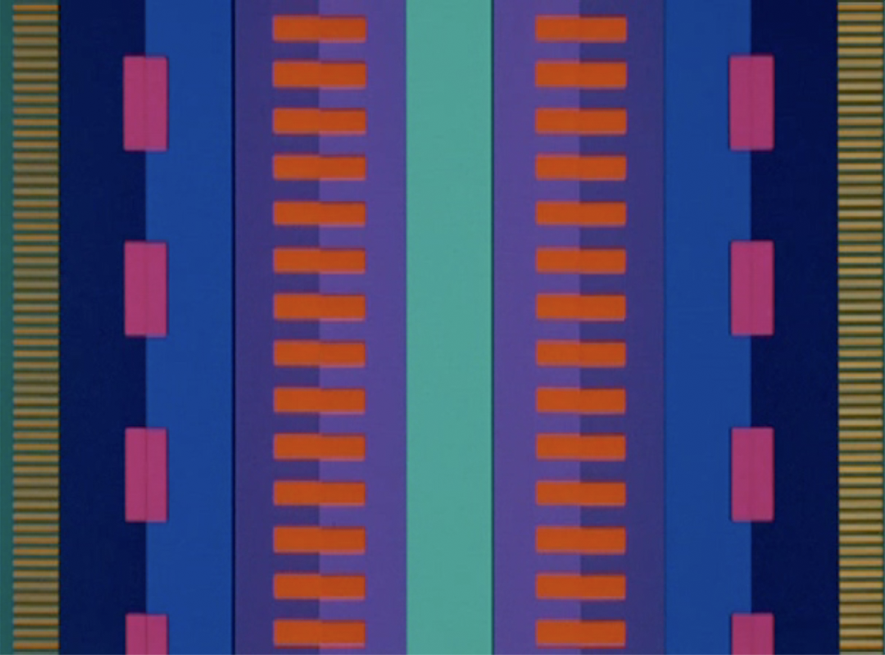
The first of two short film programmes featuring works that blur the boundaries between music and film from artists who cross and redefine those long held divisions. This programme focuses on the forebearers of filmic and musical innovation over the last 70 years.
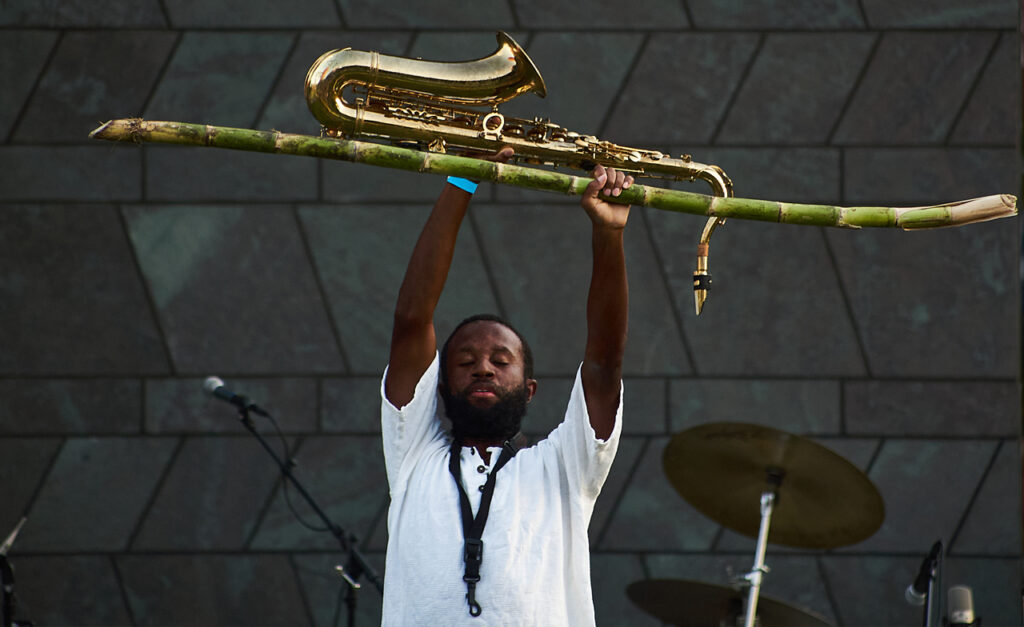
Ellis’s processional, precessional cessation and continuation of movement and music comes to us via his forthcoming release Aster of Ceremonies (Milkweed Editions, 2023)

What would a world and an ethics look like free from the destructive consequences of the Western mind?
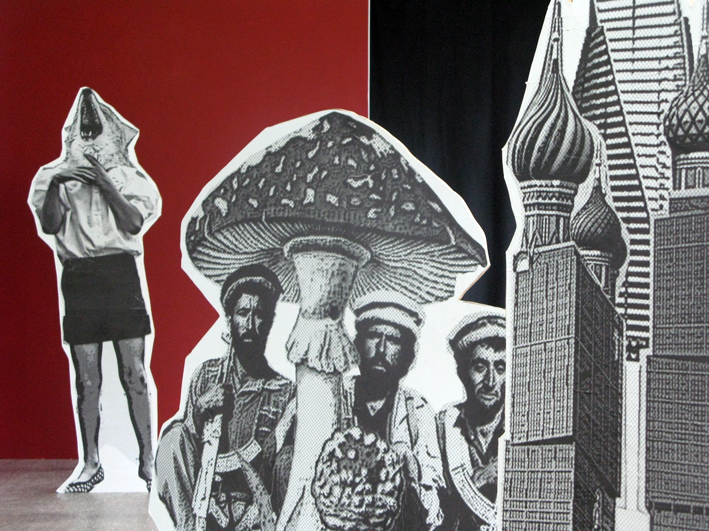
A spectacular musical show which discusses the representation of a nation state, its characters and history. A learning play on myth construction and its reproduction.

Three (thankfully short) chats wherein we try and get at what’s eating us with regards to experimental music, and what we think might be worth salvaging.
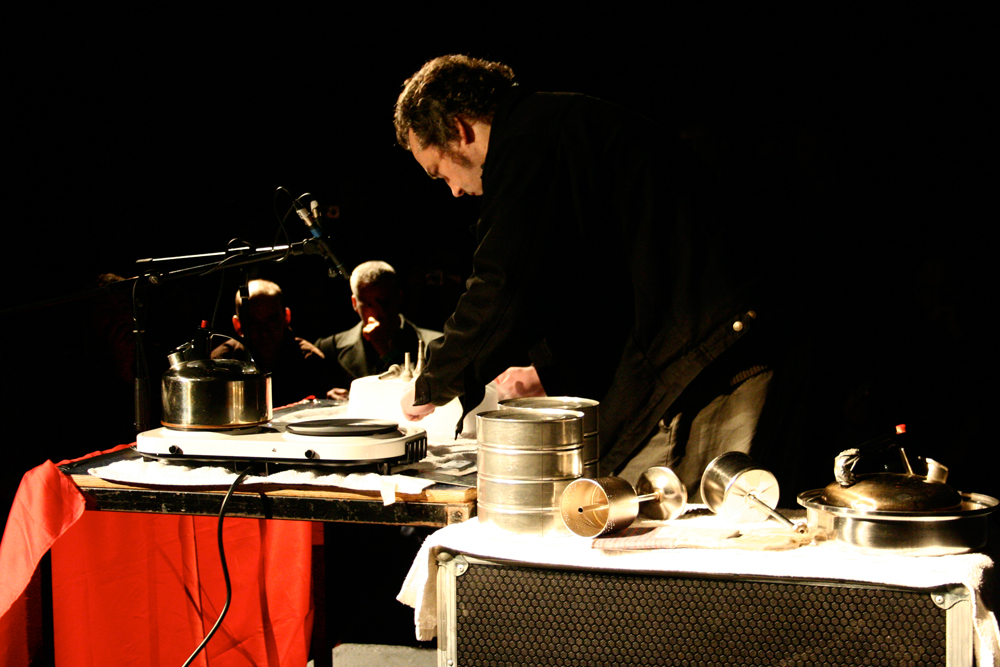
Michael Colligan pressing white hot metal into dry ice, causing the metal to sing and scream.

What might Carter and Parker’s collaboration tell us about our own performances of responsibility and liberty, whether individual, social or musical?

Harrowing but musical confrontations with the very real, physical and aural trauma of a woman screaming.

A recreation of one of Gustav Metzger’s celebrated auto destructive performances.